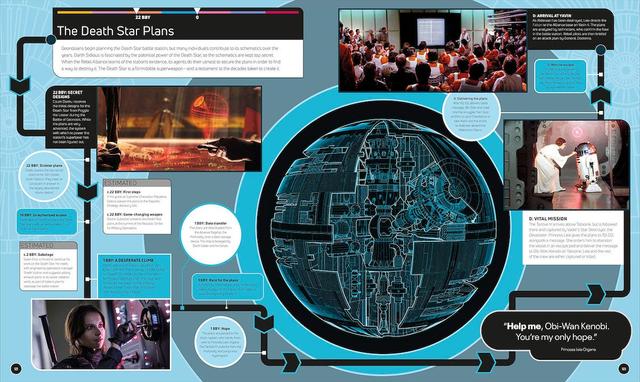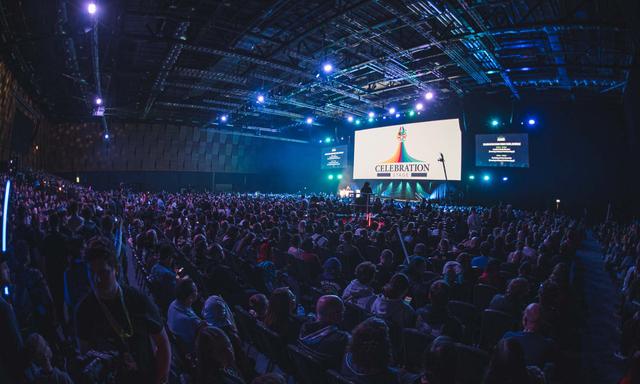If you click on a link and make a purchase we may receive a small commission. Read our editorial policy.
Follow Star Wars Celebration's Villains of the Sequel Trilogy panel with the actors behind the Emperor, Snoke, and Captain Phasma live!
We will be live in the heart of Star Wars Celebration 2023 in London, covering the 'Villains of the Prequel Trilogy' panel for all of you at home

The three central villains of the Star Wars sequel trilogy are going to be uniting - no, not to tear down the New Republic - but instead to talk about their roles.
The actors behind Emperor Palpatine, Captain Phasma, and Supreme Leader Snoke (that's Ian McDiarmid, Gwendoline Christie, and Andy Serkis) will be coming together for an hour-long panel at Star Wars Celebration Europe 2023 in London to talk about their villainous roles, the origins, the endings, and maybe the chances of a return.
Popverse will be liveblogging Star Wars Celebrations' Villains of the Sequel Trilogy panel when it starts Sunday, April 9 at 11: 00 AM GMT (that's 6:00 AM EST for those of you in the Americas). Follow along live, or come back later for the full play-by-play.
About Star Wars Celebration 2023
Dates
-
Follow Popverse for upcoming event coverage and news
Find out how we conduct our review by reading our review policy
Let Popverse be your tour guide through the wilderness of pop culture
Sign in and let us help you find your new favorite thing.
















Comments
Want to join the discussion? Please activate your account first.
Visit Reedpop ID if you need to resend the confirmation email.